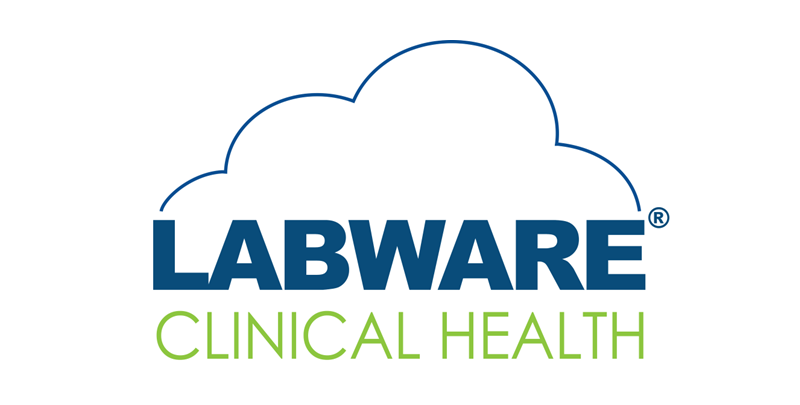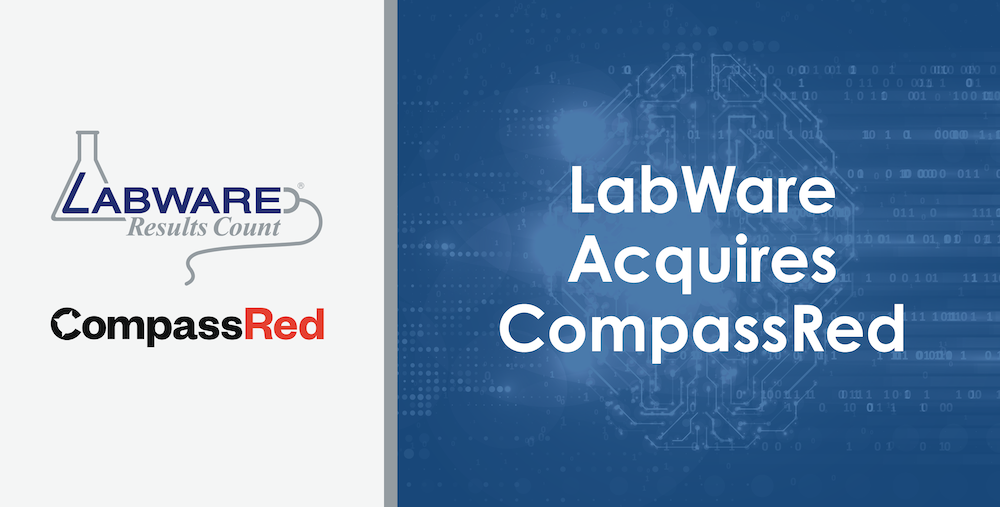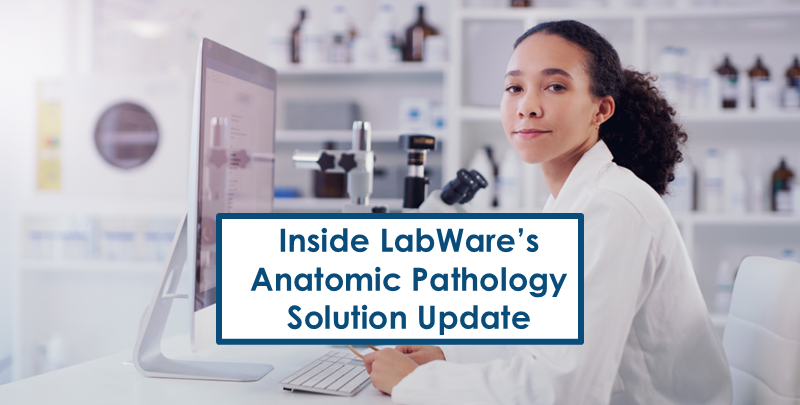The Next Step in Clinical Lab Innovation: LabWare Clinical Health 5.06
We're excited to introduce LabWare Clinical Health 5.06, the latest version of our solution designed for clinical diagnostics and public health labs.

As labs adapt to a dynamic and increasingly data-driven environment, the role of Laboratory Information Systems (LIS) is evolving rapidly. In Medical Laboratory Observer’s 2024 LIS Market Overview, Ed Krasovec from LabWare discusses the significant shifts impacting labs today, focusing on the integration of advanced analytics, automation, and staff support. Here, we’ll explore these trends, insights from Ed’s recent responses, and how LabWare’s Clinical Health Solution is primed to address them.
With labs managing higher volumes of complex data, there’s an urgent need for integrated analytics that go beyond simple data storage. Ed shares that due to the increasing need to transform vast amounts of data into actionable information, data analytics is a hot area of interest across many software categories, including LIS. LabWare’s 2022 acquisition of CompassRed, a data analytics company, has significantly enhanced its capabilities. This includes a Data Science Engine that can leverage R or Python scripts to drive machine learning and prescriptive modeling, as well as a laboratory intelligence solution providing advanced charting and trending for configurable data visualization. By transforming raw data into actionable insights, LabWare’s Clinical Health Solution helps labs streamline workflows, improve decision-making, and ultimately enhance patient outcomes.
Staffing shortages are a challenge across the healthcare industry, and labs are no exception. Ed points out that automation in LabWare’s solutions can reduce manual work, enabling labs to maintain high standards even with fewer staff. Additionally, LabWare’s Clinical Health Solution offers manpower support options. Ed emphasizes the importance of addressing common challenges during LIS integration, such as ensuring the availability of key subject matter experts for input and managing the effort related to inputting master data dictionaries. He highlights a recent success story from a reference lab specializing in women’s health, where the initial phase of the LIS implementation was completed just four months after the project kickoff, followed by subsequent phases at two and nine months. The lab experienced significant benefits, including improved management of analytical batches and better visibility into sample and analyzer status.
Data security and privacy are critical in LIS solutions. Ed explains that clinical labs must comply with HIPAA and other data privacy regulations, and LabWare’s LIS software supports this with comprehensive audit trails, role-based security that adheres to the minimum necessary standard for patient data access, and compatibility with modern cloud security infrastructure tools. LabWare has a strong track record of supporting customer regulatory compliance, ensuring labs operate securely.
Ed outlines LabWare’s approach to training and onboarding, which includes classroom training for system administrators and power users at the start of implementation, mentorship by professional services during the project, and a “Train the Trainer” model for end-user education. LabWare also provides or assists with delivering end-user training as needed, ensuring a smooth transition and user proficiency.
Cloud-based LIS solutions are becoming increasingly relevant. Ed notes that many labs benefit from outsourcing IT infrastructure to cloud providers, gaining improved security, compliance, scalability, and reduced IT manpower needs. However, there are challenges, such as confusion over different cloud service models (e.g., SaaS, IaaS, PaaS) and understanding their implications on IT responsibilities and LIS customization. LabWare’s Clinical Health Solution offers cloud-based options that help labs navigate these complexities while focusing on core operations.
Reflecting on 2024, Ed observes a continued drive for increased laboratory automation, surging interest in advanced data analytics, and a shift towards browser-based LIS applications. Looking ahead to 2025, he predicts that workforce shortages and an aging workforce will further drive the need for advanced automation. To address this, LabWare offers managed services, including a customer care program where certified experts manage and optimize LIMS, helping customers reduce headcount, save on salaries and training, and focus on their core lab competencies. This approach ensures labs operate efficiently with minimal downtime through proactive system monitoring and continuous enhancements.
Learn more about how LabWare can support your lab’s journey with advanced LIS solutions and prepare for the future.

We're excited to introduce LabWare Clinical Health 5.06, the latest version of our solution designed for clinical diagnostics and public health labs.

WILMINGTON, Del.-- LabWare Holdings today announced it has signed a definitive agreement to acquire CompassRed, a visionary company in machine...

Anatomic Pathology labs face continuing challenges with staffing shortages, pressures to integrate complex technologies such as digital pathology and...